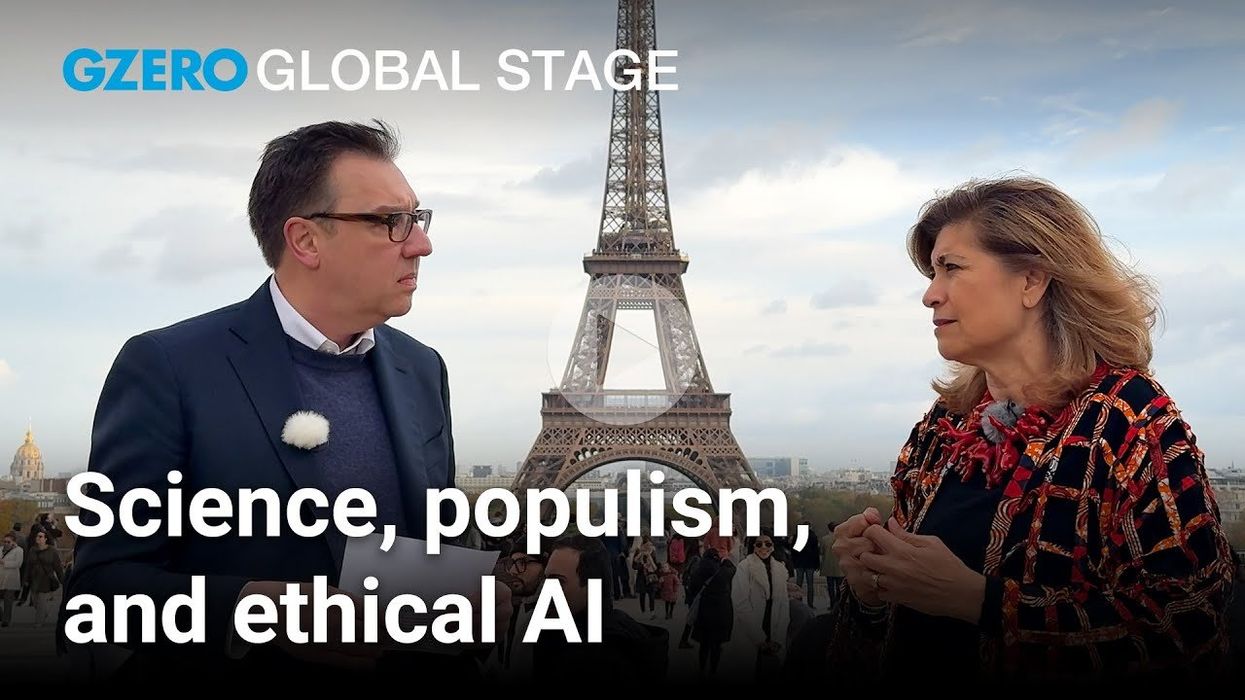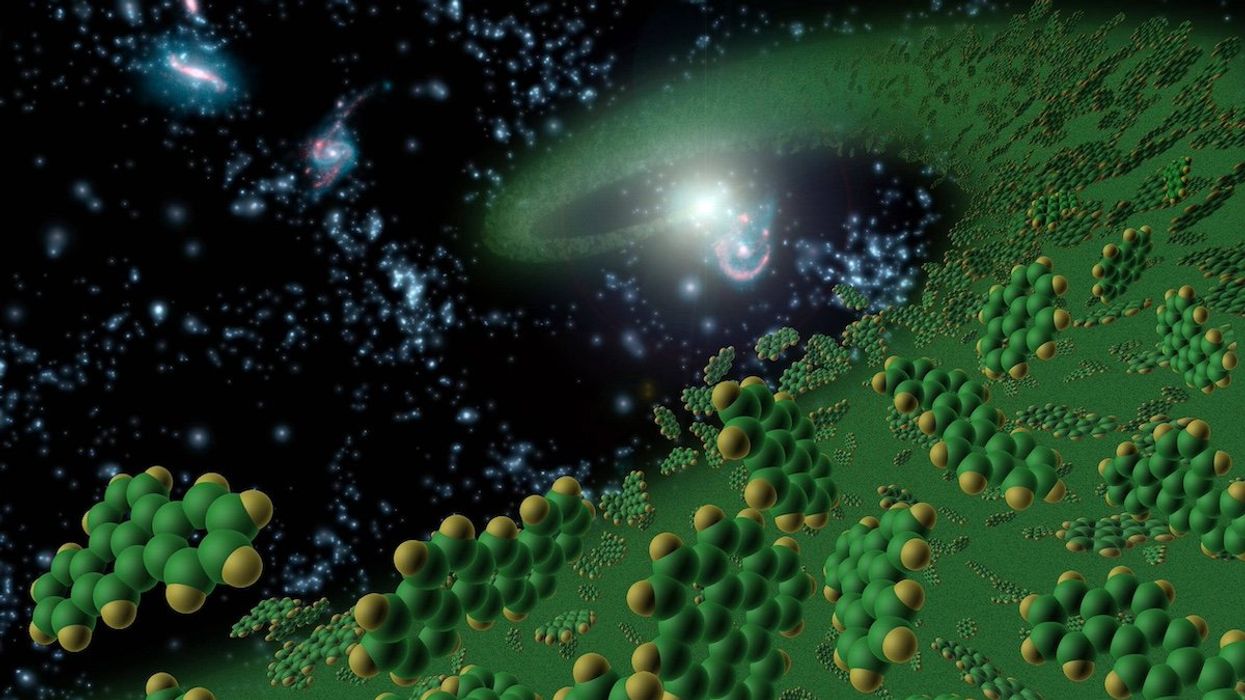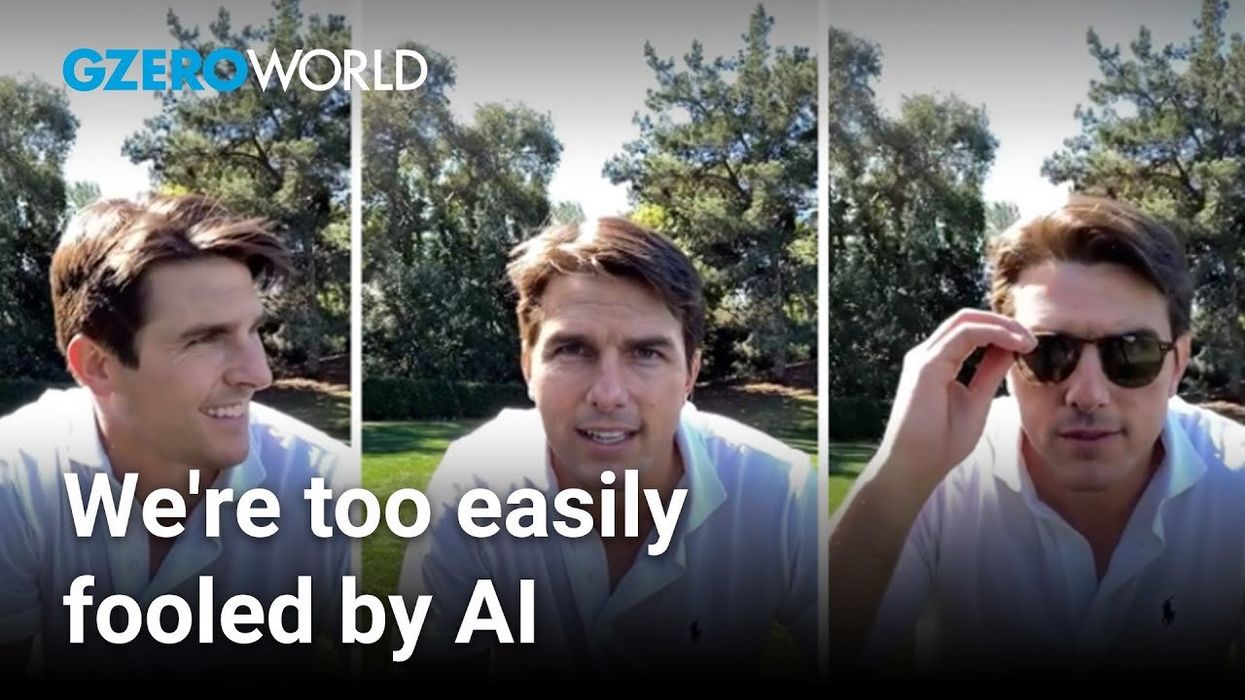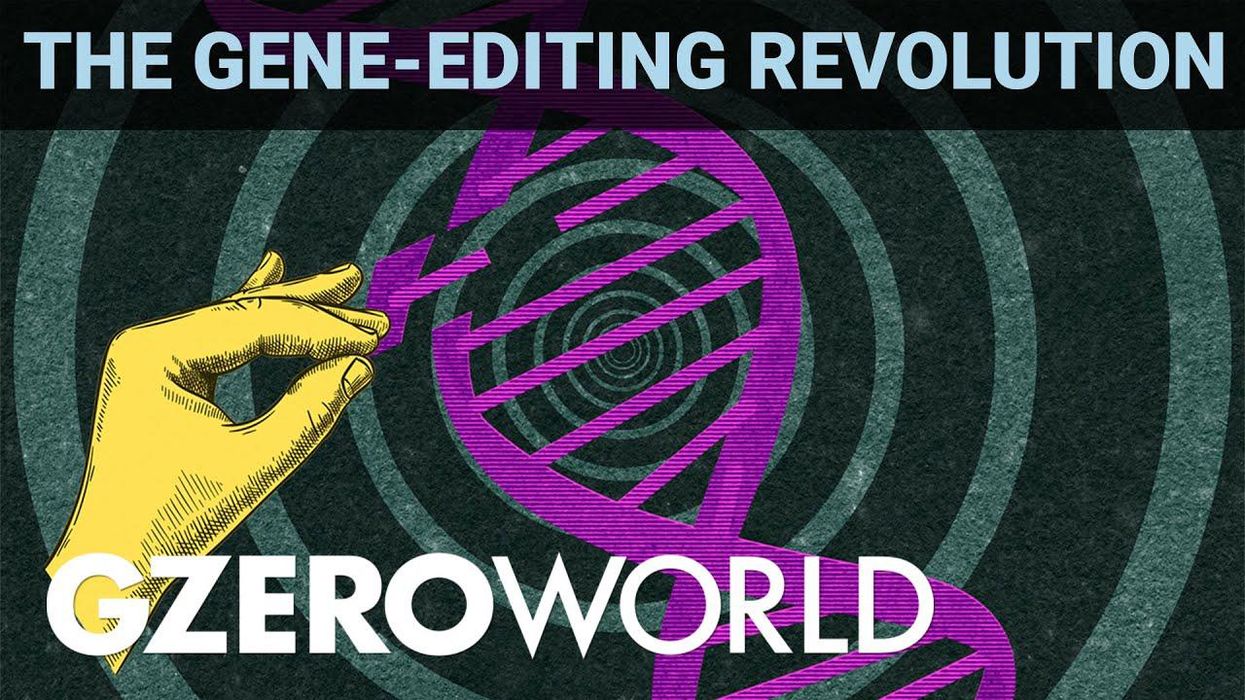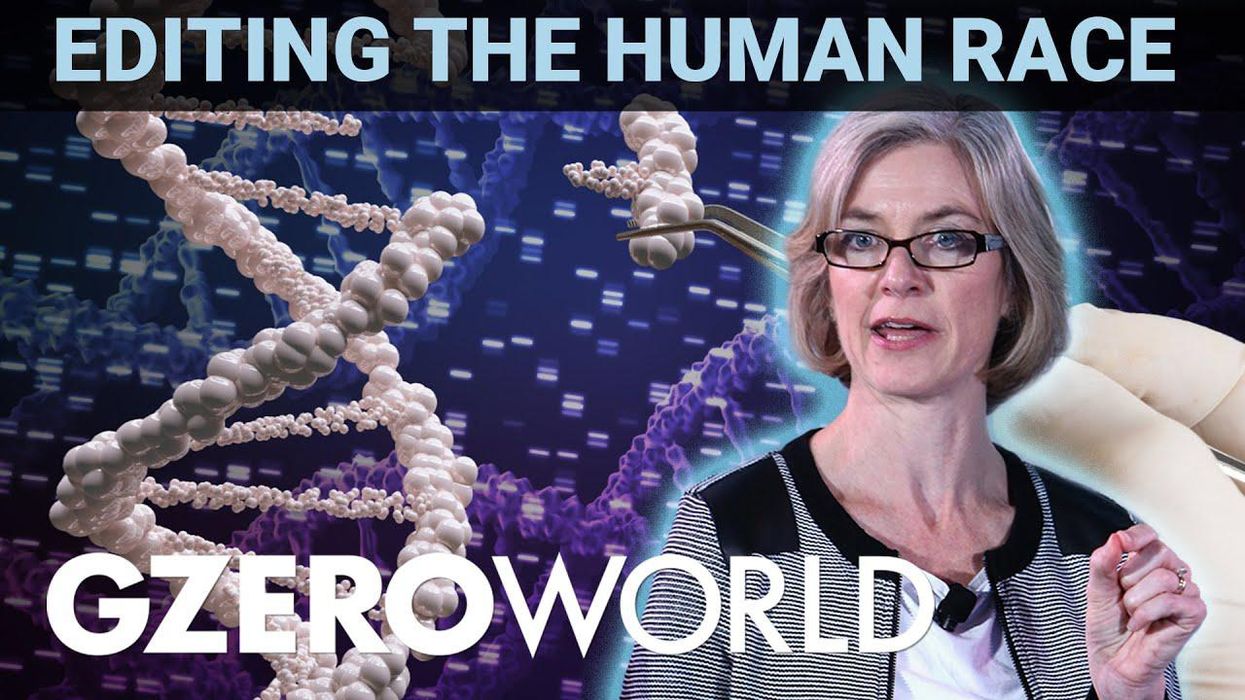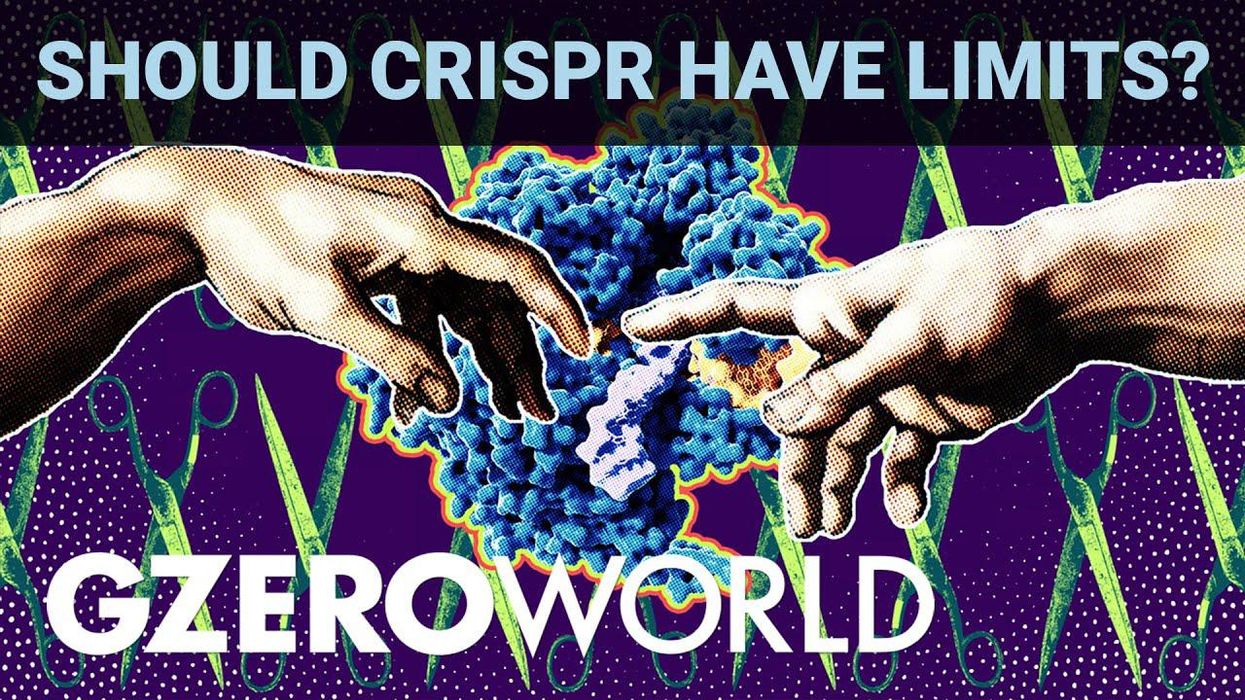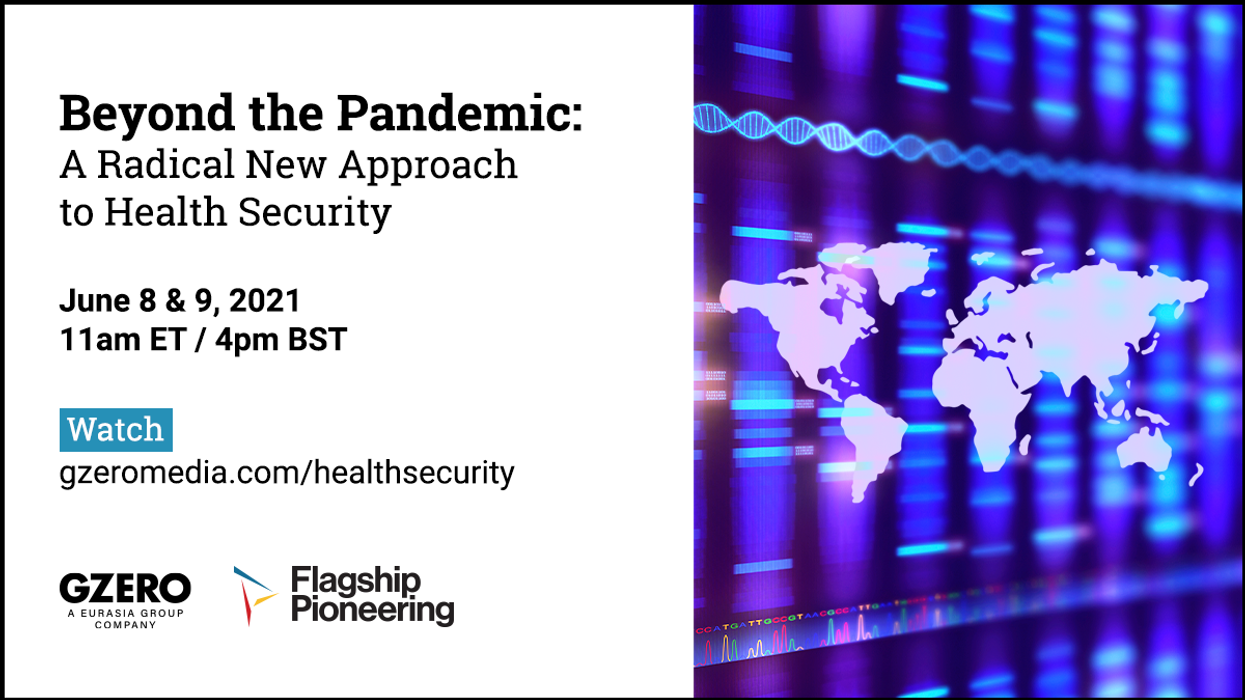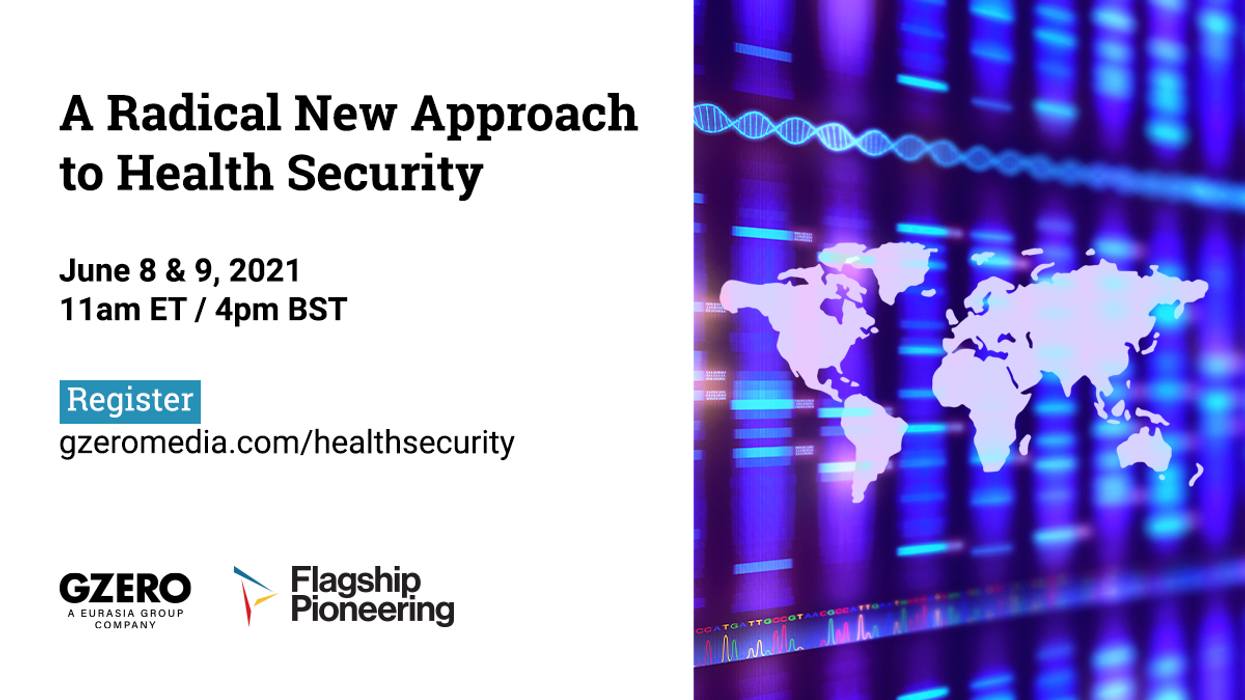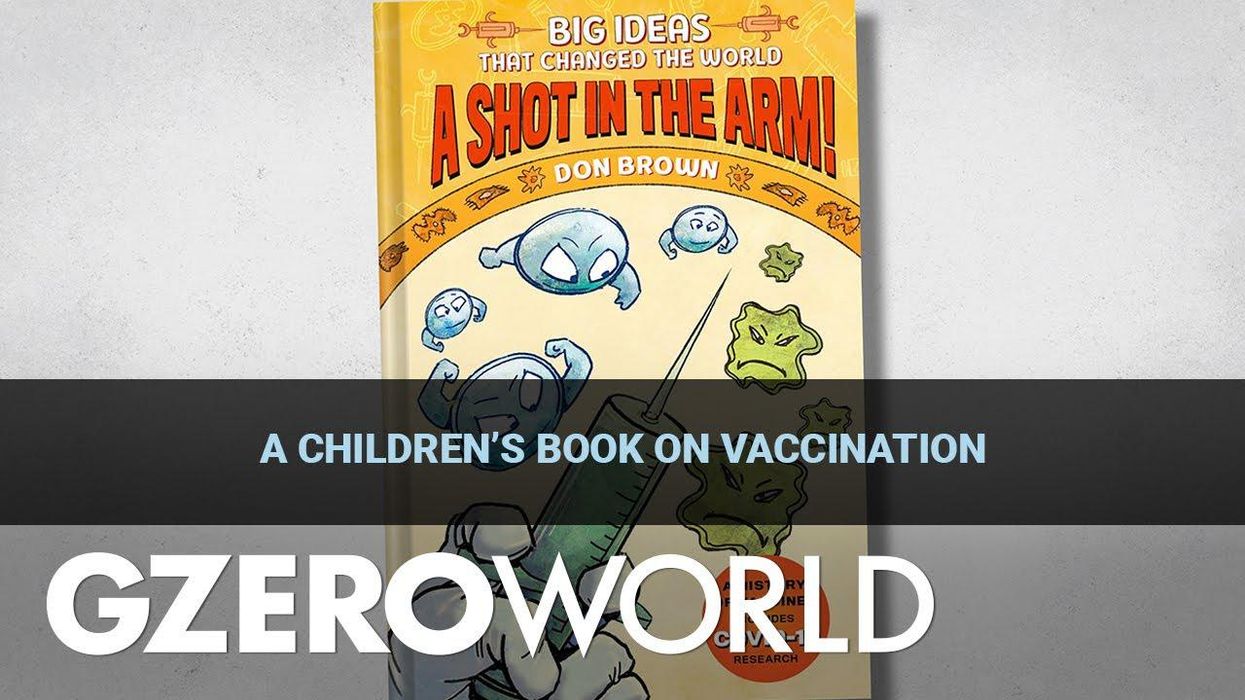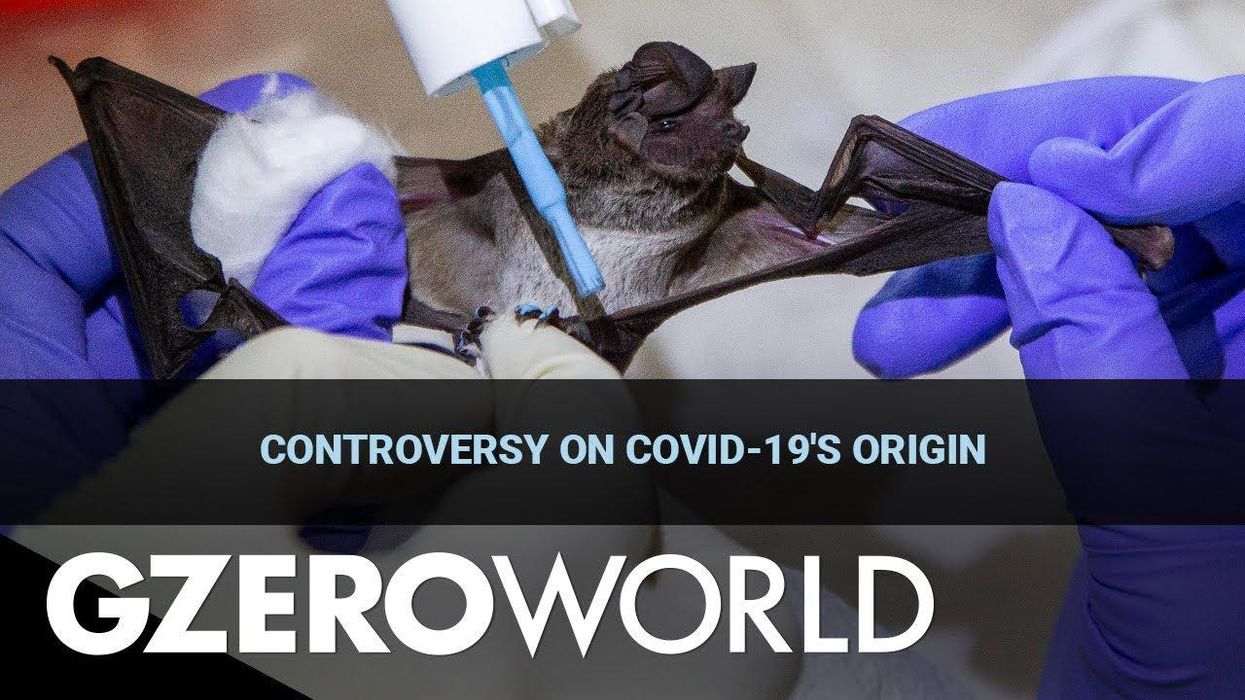Paris Peace Forum
Protecting science from rising populism is critical, says UNESCO's Gabriela Ramos
In a GZERO Global Stage discussion at the 7th annual Paris Peace Forum, Gabriela Ramos, Assistant Director-General for Social and Human Sciences at UNESCO, highlighted the crucial role of science in fostering peace and expressed concerns over rising populism undermining scientific efforts.
Nov 12, 2024
